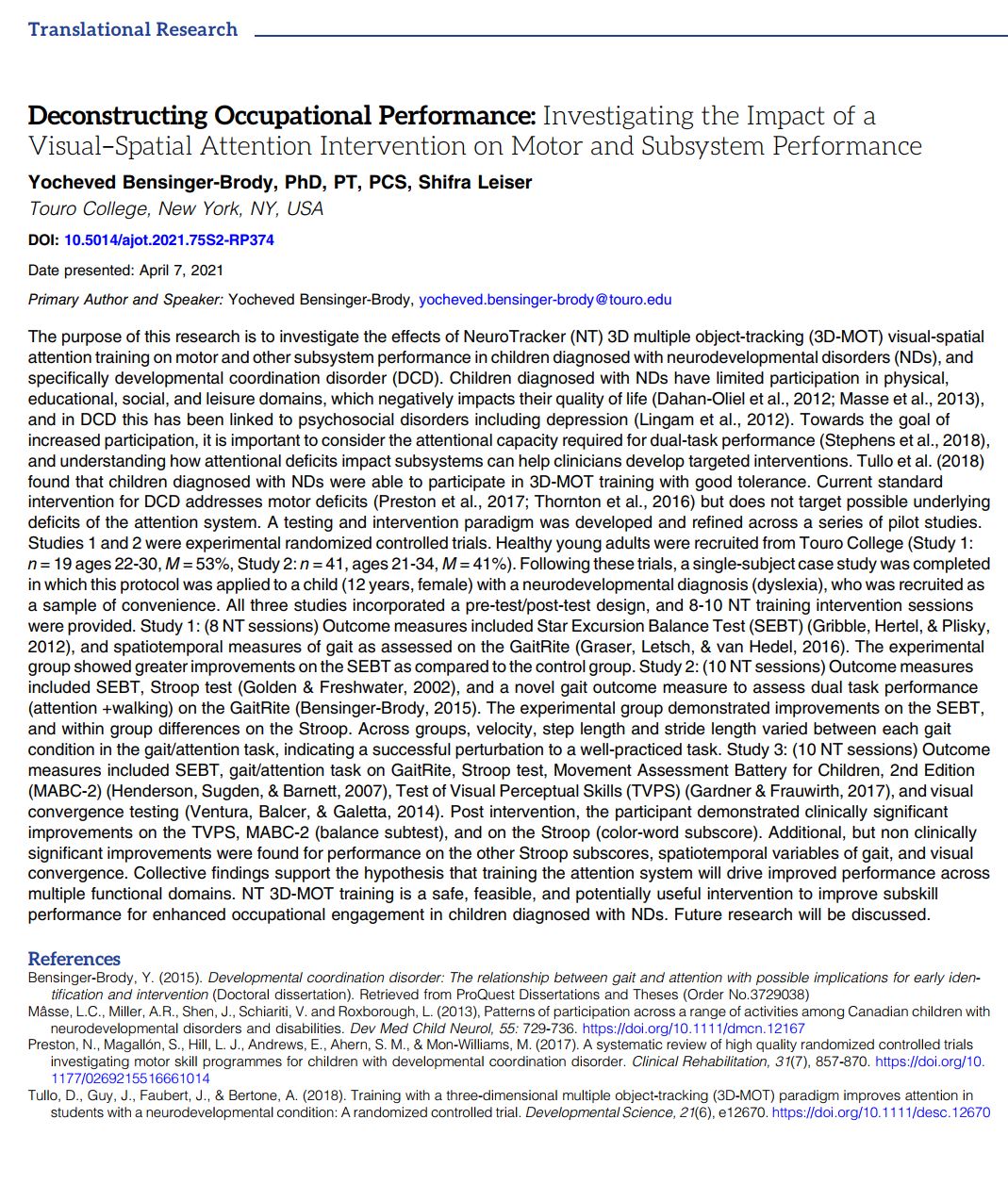Welcome to the Research and Strategy Services at in today's fast-paced.


In the world of elite competitive sports, perceptions of what is meant by performance training are changing. As seen with most innovations, however, there is usually a lot of inertia and resistance to change.
Early adopters tend to be the first to embrace innovations in performance training. And, only once a definitive performance edge is established, does the rest of the competition catch up.
As I’ve mentioned before, strength and conditioning is a good example of this reluctance to adopt new methodologies. In fact, just over 10 years ago, training in the gym was a relatively new concept in the English Premier League (EPL). There was a stigma attached to lifting weights, with the belief that they made you slower and “stiffened you up.”
Nevertheless, within a few seasons of each other, every EPL club recruited a strength and conditioning coach. A similar change was seen with sports science, which quickly became an essential new department across sports teams worldwide.
Performance statistics also played an integral role in the sports performance realm once privileged technologies became available. In the NBA in particular, performance statistics revolutionized the way players were chosen, trained, and even how they played on the court.
The surprising parallel between all of these shifts in perception is that few people actually predict their significance until mass adoption comes to the foreground. The technology and the know-how is in place, but only early adopters seem to recognize the potential. In addition, these adopters generally keep the information to themselves.
I believe, however, that we’re now in the midst of the next emergent phenomena – a new generation of cognitive assessment and elite training technologies. Almost every professional with a career in sports knows that the cognitive dimension is a major factor in elite performance. In fact, there’s a plethora of sports science to support this.
Traditionally, the issue has been the challenge of how to understand and enhance this elite performance area. However, with the rapid evolution in both neuroscience and technology over the past decade, this challenge is fading quickly.
You only have to look at the recent Super Bowl LI to realize that a perceptual shift is occurring. Both the Atlanta Falcons and New England Patriots use cognitive training techniques to remain ahead of the game. Matt Ryan and Tom Brady, for instance, are known to be disciples of cognitive training.
Ryan even recently informed the New York Times that he uses NeuroTracker three times a week to improve his situational awareness, while Brady acknowledged using BrainHQ over recent seasons to ‘stay sharp.’
The Atlanta Falcons are an early adopter role model. Since pairing up with NeuroTracker to improve overall awareness and focus, the Falcons have experienced a phenomenal rise in success. The type of success that has been rarely seen in the history of American football. In fact, at the start of the season they had 150-1 odds to win the Super Bowl.
What places the Falcons at the forefront of innovation is that they are not only partnering with cutting-edge technology companies, but also taking part in their development. This is a pivotal concept. Skeptics of cognitive technologies in sport generally don’t understand that this field is in constant development.
Firstly, new technologies and science are developing at rapid rates. Secondly, already established technologies are evolving into increasingly more sophisticated applications. Lastly, these technologies are seamlessly integrating with other developing technologies. From what we’ve seen with NeuroTracker over past few years, this augmentation of existing technological applications will be a monumental change.
To keep NeuroTracker relevant and challenging for our users, we’ve added a tactical awareness component to our programs. Athletes are asked to train on NeuroTracker while reading sports plays in a virtual environment. This challenges them to make decisions and responses while under an added cognitive load.
We’ve also seen Olympic athletes utilize NeuroTracker’s Learning program and motion-capture feedback. The intention is increase their combined limits of physical skills and cognitive load to extremely high levels.
The next stages in development are integrating Biofeedback and Neurofeedback elements with NeuroTracker. The goal is to see exactly how the mind and body respond to cognitive stress and optimize load automatically. And trust me, there’s lots more to come!
To support ongoing developments in the field we’ve set up our non-profit CogniSens Applied Research Centre. Its function is to support advanced research of increasingly specific NeuroTracker applications. With this perspective in mind, it’s clear that cognitive training is set to revolutionize the sports world very soon.
In fact, cognitive training will be a key factor in separating the competition. Early adopters will gain a definitive edge over those are slow to embrace change. Adapt to stay ahead of the game, so you don’t get left behind!








Welcome to the Research and Strategy Services at in today's fast-paced.

Standardized testing environments combine predefined formats and time limits that narrow how knowledge can be expressed. This interpretive guide help to distinguish structural constraint from reduced cognitive capacity.

Divided attention demands can alter performance through multiple processing streams rather than reducing cognitive capacity. This article interprets how to distinguish structural allocation from diminished ability under environmental constraint.

Reduced action range can alter performance by narrowing what can be physically or perceptually executed rather than diminishing cognitive ability. This article interprets how to distinguishing structural boundaries from capacity limitation.
.png)